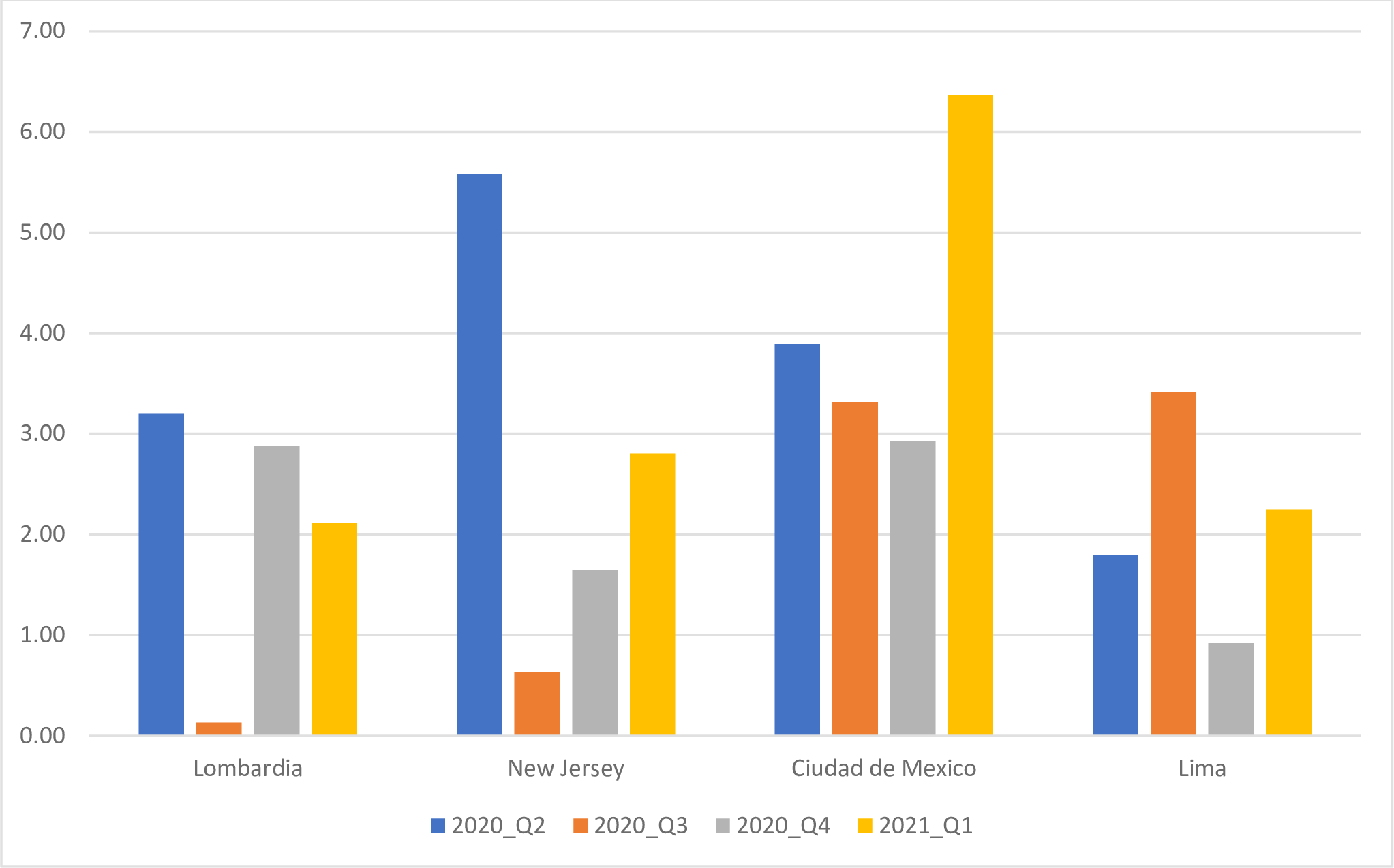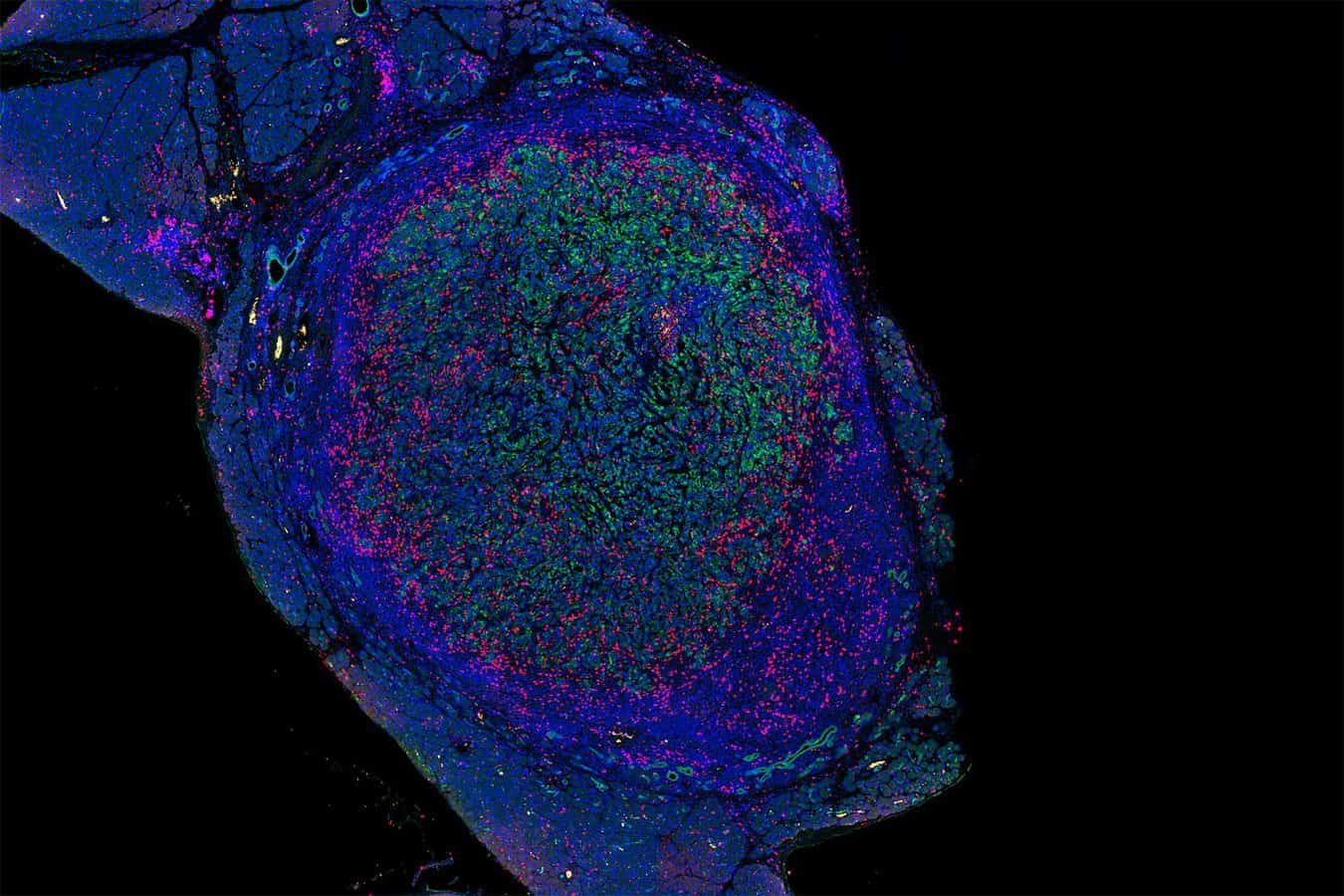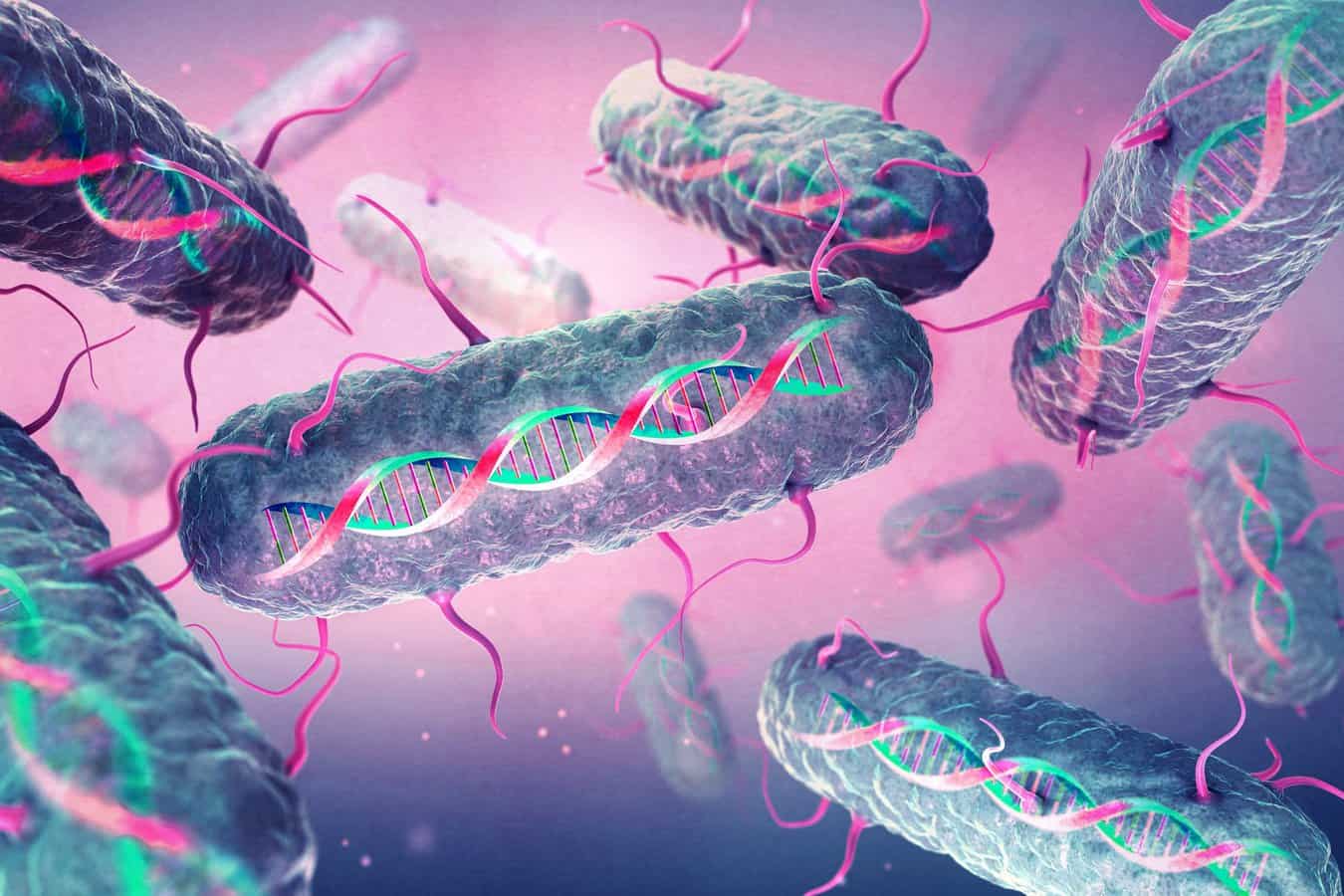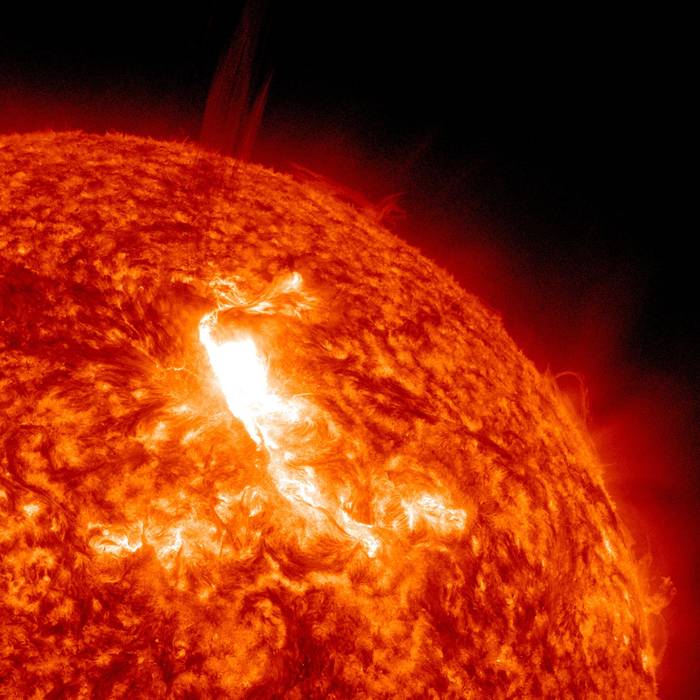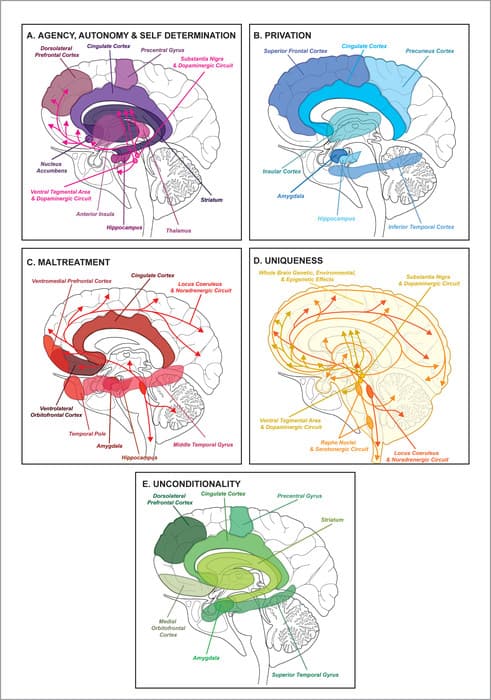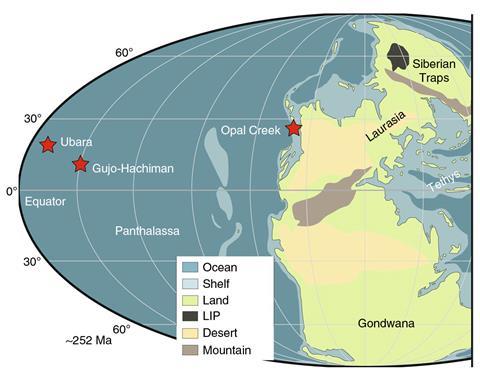At its peak, COVID-19 drastically reduced the average human lifespan — by as much as nine years in one U.S. state — according to a new longevity metric developed at UCLA. Sociology professor Patrick Heuveline devised the metric, called the mean unfulfilled lifespan, to assess the impact of temporary “shocks” like the novel coronavirus on average […]
Read More